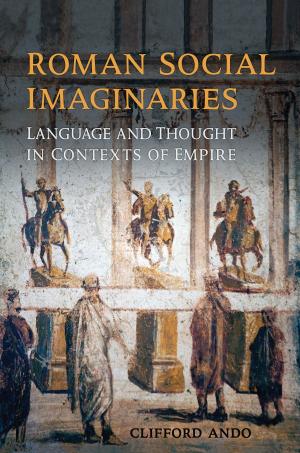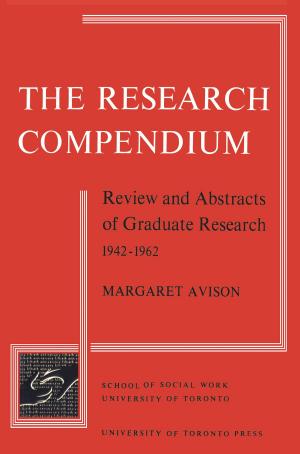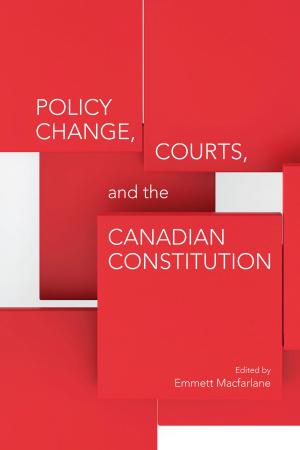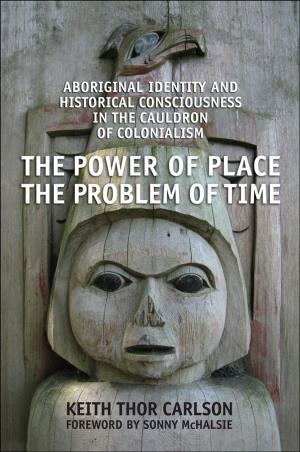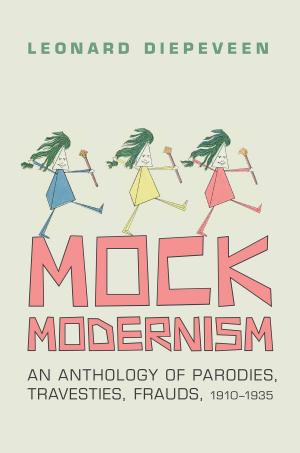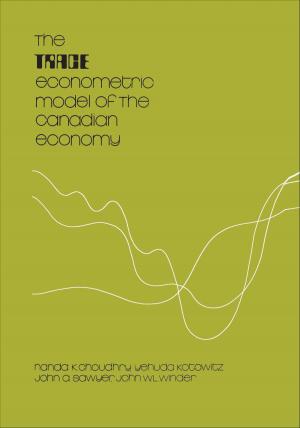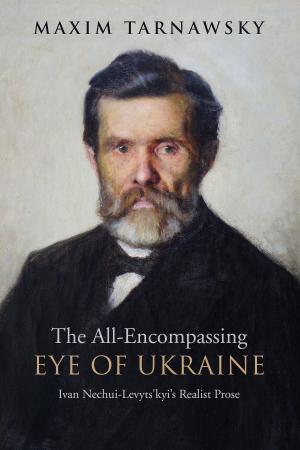Herder's Political Thought
A Study on Language, Culture and Community
Nonfiction, Religion & Spirituality, Philosophy, Political, Social & Cultural Studies, Political Science, Politics, History & Theory| Author: | Vicki A. Spencer | ISBN: | 9781442695351 |
| Publisher: | University of Toronto Press, Scholarly Publishing Division | Publication: | April 28, 2012 |
| Imprint: | Language: | English |
| Author: | Vicki A. Spencer |
| ISBN: | 9781442695351 |
| Publisher: | University of Toronto Press, Scholarly Publishing Division |
| Publication: | April 28, 2012 |
| Imprint: | |
| Language: | English |
Johann Gottfried Herder was a philosopher and important intellectual presence in eighteenth-century Germany. Herder's Political Thought examines the work of this significant figure in the context of both historical and contemporary developments in political philosophy.
Vicki A. Spencer reveals Herder as one of the first Western philosophers to grapple seriously with cultural diversity without abandoning a commitment to universal values and the first to make language and culture an issue of justice. As Spencer argues, both have made Herder a source of inspiration for the pluralist turn of contemporary political philosophy. Contending that in an era of globalization, it is no longer possible to ignore Herder's crucial insights on the relationship between cultural membership and individual identity, Spencer demonstrates how these ideas can help us understand, and perhaps resolve, the linguistic and cultural-political struggles of our times.
Johann Gottfried Herder was a philosopher and important intellectual presence in eighteenth-century Germany. Herder's Political Thought examines the work of this significant figure in the context of both historical and contemporary developments in political philosophy.
Vicki A. Spencer reveals Herder as one of the first Western philosophers to grapple seriously with cultural diversity without abandoning a commitment to universal values and the first to make language and culture an issue of justice. As Spencer argues, both have made Herder a source of inspiration for the pluralist turn of contemporary political philosophy. Contending that in an era of globalization, it is no longer possible to ignore Herder's crucial insights on the relationship between cultural membership and individual identity, Spencer demonstrates how these ideas can help us understand, and perhaps resolve, the linguistic and cultural-political struggles of our times.




